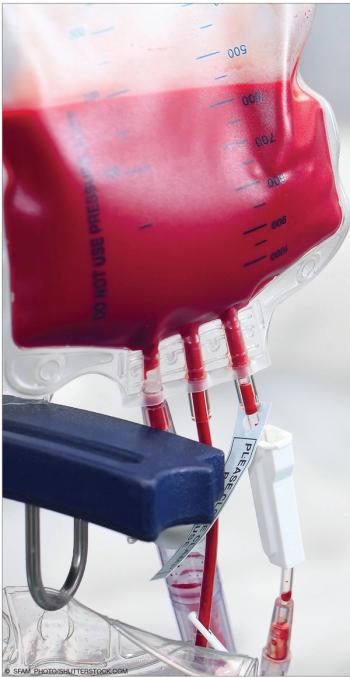
Does this patient have decision making capacity to refuse a blood transfusion that will likely save his life? You are the ethics consultant, and the decision is yours.

Does this patient have decision making capacity to refuse a blood transfusion that will likely save his life? You are the ethics consultant, and the decision is yours.

Here are a few things that make me glad I'm a psychiatrist.
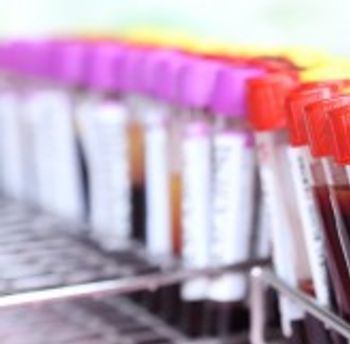
What role does DNA methylation play in schizophrenia?

The many potential stressors for astronauts during space missions present unique and fascinating 21st century psychiatric and psychological issues.
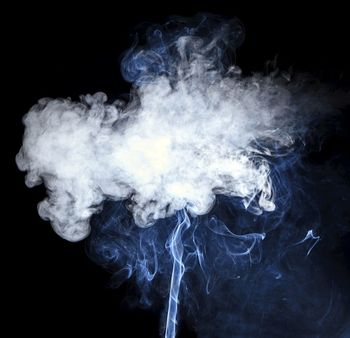
Details of a randomized trial of an alpha-7 nicotinic receptor agonist in schizophrenia.
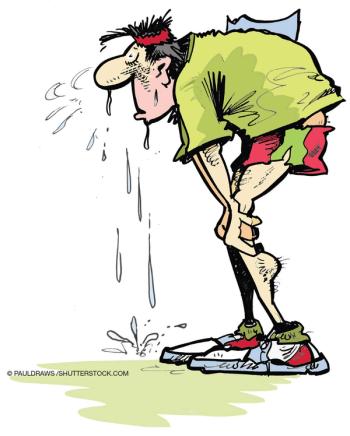
Depend on it: like managed care, e-prescribing will come to your neighborhood sooner or later-- and will truly constitute the law of the land. Here's guidance for the perplexed.

I’m glad we’re studying this one, a lusty, almost immortal guy living in his dark tunnels of love.

ADHD can occur in adulthood and may be a syndrome distinct from childhood-onset ADHD, according to a new study.
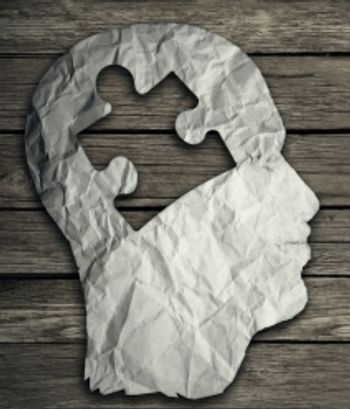
New research demonstrates why it’s crucial to examine manic and other symptoms in their entirety when making a treatment plan.

Film can be a powerful vehicle for conversation and social change in the fight against psychiatric stigma.

We are about to publish the winning essays from our first-ever writer's contest. We hope you'll find them as moving and memorable as we did.

Three reasons clinicians skip over bupropion.

Has DSM-5 made diagnosis of bipolar disorder more difficult? Answers to this and 5 other questions.

How strong is the foundation of current pharmacotherapy recommendations for ADHD?
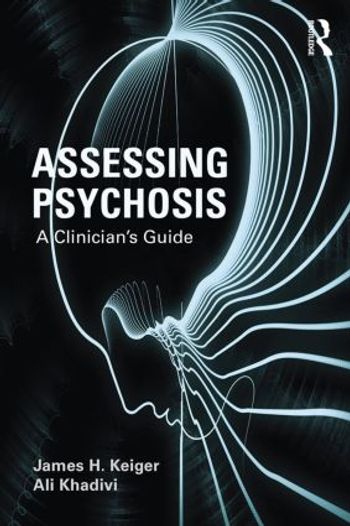
Methods of identifying and understanding the intricacies of psychosis in clinical settings.
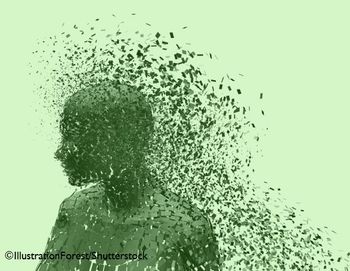
For patients suffering the chronic, debilitating symptoms of schizophrenia, antipsychotic medication is a critical component of treatment-and may literally be life-saving.
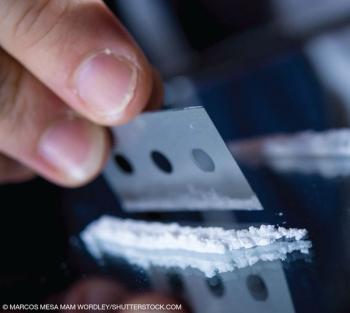
There are no FDA-approved pharmacotherapies for cocaine use disorder. Here: a review of the off-label use of promising medications for this addiction.

A growing body of research has given us strategies at population, community, and clinical levels that can be put into practice. Details here.

Here: Insights regarding both the potential positive and negative effects of omega-3 fatty acids on depressive symptoms.

Suicide is now the second leading cause of death among college students. But only 60% of colleges and universities have a psychiatrist on staff.

There’s no procedure code for a visit like this. But I can’t fault my psychiatrist wife for crossing a boundary and getting too personal.
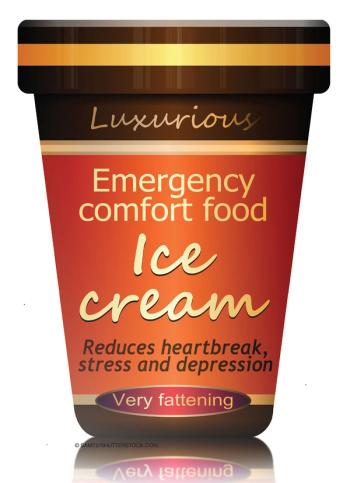
A 20-year-old college sophomore with “depression and anxiety,” who is exercising ferociously and who is literally dying to lose more weight sets the stage.
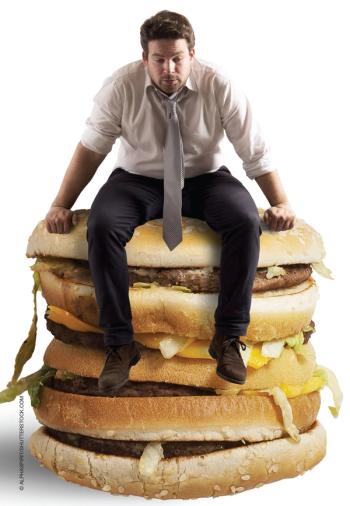
Eating disorders are still thought of as a “female problem.” But 25% of those with anorexia and 36% of those with bulimia are males.
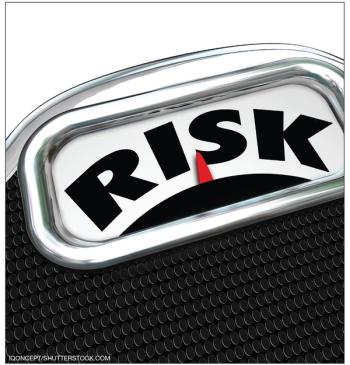
You must assess the presenting problem and identify the appropriate diagnostic code needed for insurance billing. But diagnosis is complicated. Help here.
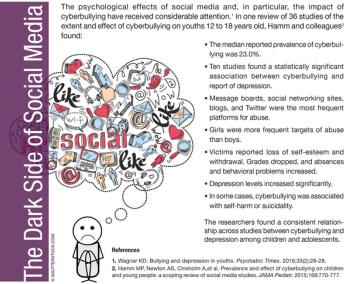
More social media use was associated with more depression in this study. Findings suggest that clinicians need to ask about social media use by people who are depressed.
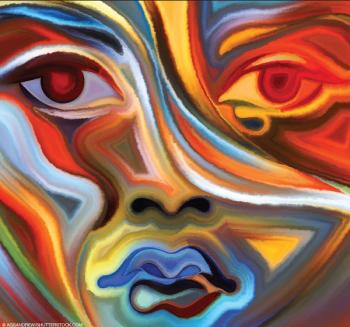
“Hey, man, why is the world so crazy these days?”
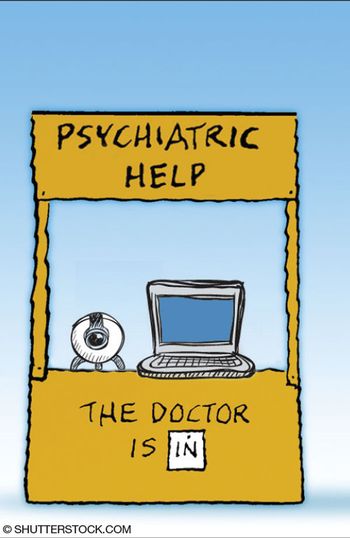
When timely psychiatric care or consultation is difficult or impossible to obtain, telepsychiatry may be an acceptable, economical, and effective alternative.

In an international network of patients with bipolar illness, more offspring of US patients than of those from Europe had received a mental illness diagnosis. This suggests greater epigenetic vulnerability in Americans.
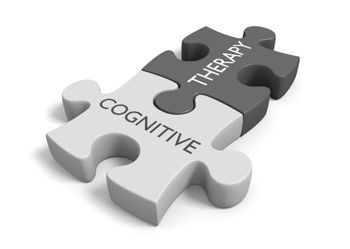
How to make cognitive behavioral therapy for psychosis feasible in a busy practice with limited resources.
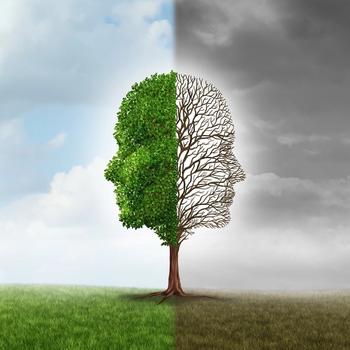
How generalizable are the results of depression treatment studies? Which factors predict readmission and length of stay in inpatients with mood disorders?